Gambling has been a part of human culture for centuries, but how it’s viewed and regulated varies widely across the globe. From highly regulated casino cities to places where gambling is a social taboo, cultural attitudes towards gambling reveal much about societal values and norms. Let’s explore how different societies view this intriguing practice and the factors shaping these perspectives.
The United States: Gambling as Entertainment
In the United States, gambling is often seen as a form of entertainment rather than a serious vice. The U.S. boasts a diverse gambling landscape, with Las Vegas and Atlantic City being iconic examples of cities where gambling is a major industry. States have varying regulations, with some allowing online gambling and sports betting while others maintain strict restrictions. The American view on gambling is influenced by its history and cultural emphasis on personal freedom. While it’s widely accepted in many areas, there is still a significant focus on responsible gambling practices, with resources available to help those who may develop problematic behaviors.
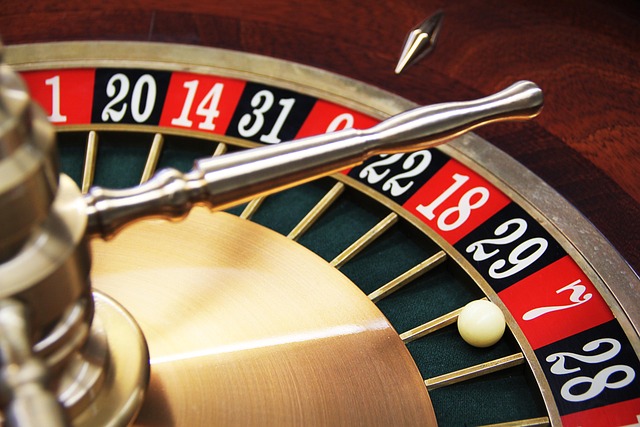
United Kingdom: A Well-Regulated Industry
In the United Kingdom, gambling is deeply ingrained in the culture and is highly regulated. The U.K. Gambling Commission oversees the industry, ensuring fairness and protecting consumers. Betting shops, casinos, and online platforms are all part of the regulated market, and sports betting is particularly popular. The British approach to gambling reflects a balanced view, where it’s accepted as a normal part of life but is subject to strict regulations to prevent abuse. This pragmatic stance is rooted in a long history of betting, including the traditional betting shops that have been a staple in British life for decades.
China: Gambling and Cultural Tensions
In China, gambling is a complex issue due to the country’s cultural and political landscape. While gambling is officially banned on the mainland, exceptions are made for state-run lotteries and gambling in Macau, a Special Administrative Region known for its vibrant casino industry. Macau has become a global gambling hub, attracting millions of tourists seeking gaming entertainment. Culturally, gambling is often associated with superstitions and luck in China. Traditional beliefs about fortune and destiny can influence attitudes towards gambling, which is sometimes viewed as a way to change one’s luck. However, the government maintains strict controls to prevent gambling-related issues, reflecting a cautious stance on the practice.

Japan: Gambling and Tradition
Japan has a unique relationship with gambling, influenced by both traditional and modern regulations. While most forms of gambling are illegal, Japan has a well-established tradition of pachinko, a pinball-like game that combines elements of gambling and entertainment. Pachinko parlors are widespread, and the game is a popular pastime. The Japanese approach to gambling is shaped by a respect for tradition and a focus on controlled environments. The government regulates gambling activities carefully to avoid social issues, and there is a cultural preference for gambling in specific settings rather than widespread legalization.
Australia: Gambling as a Social Norm
In Australia, gambling is a significant part of the social landscape. The country has one of the highest rates of gambling participation in the world, with a wide range of options, including pokies (slot machines), sports betting, and casino games. The Australian government regulates the industry to ensure fair play and responsible gambling practices. The Australian attitude towards gambling is generally accepting, with a focus on maintaining a balance between enjoyment and responsible behavior.

Middle Eastern Countries: Gambling as a Cultural and Religious Issue
In many Middle Eastern countries, gambling is prohibited due to religious and cultural beliefs. Islamic law, which influences many countries in the region, forbids gambling as it is considered haram (forbidden). As a result, gambling activities are not legally permitted, and the culture reflects a strong disapproval of the practice. In these societies, gambling is viewed through the lens of religious and moral values, with an emphasis on avoiding practices that could lead to financial and social harm.
In Conclusion
Cultural attitudes towards gambling reveal a fascinating tapestry of beliefs, values, and regulations. From the entertainment-centric approach in the U.S. to the strict prohibitions in the Middle East, each society’s view on gambling is shaped by a combination of historical, cultural, and legal factors. Understanding these diverse perspectives provides insight into how gambling fits into the broader fabric of human behavior and societal norms. As global attitudes continue to evolve, it will be interesting to see how these practices and perceptions develop in the years to come.…
Read More






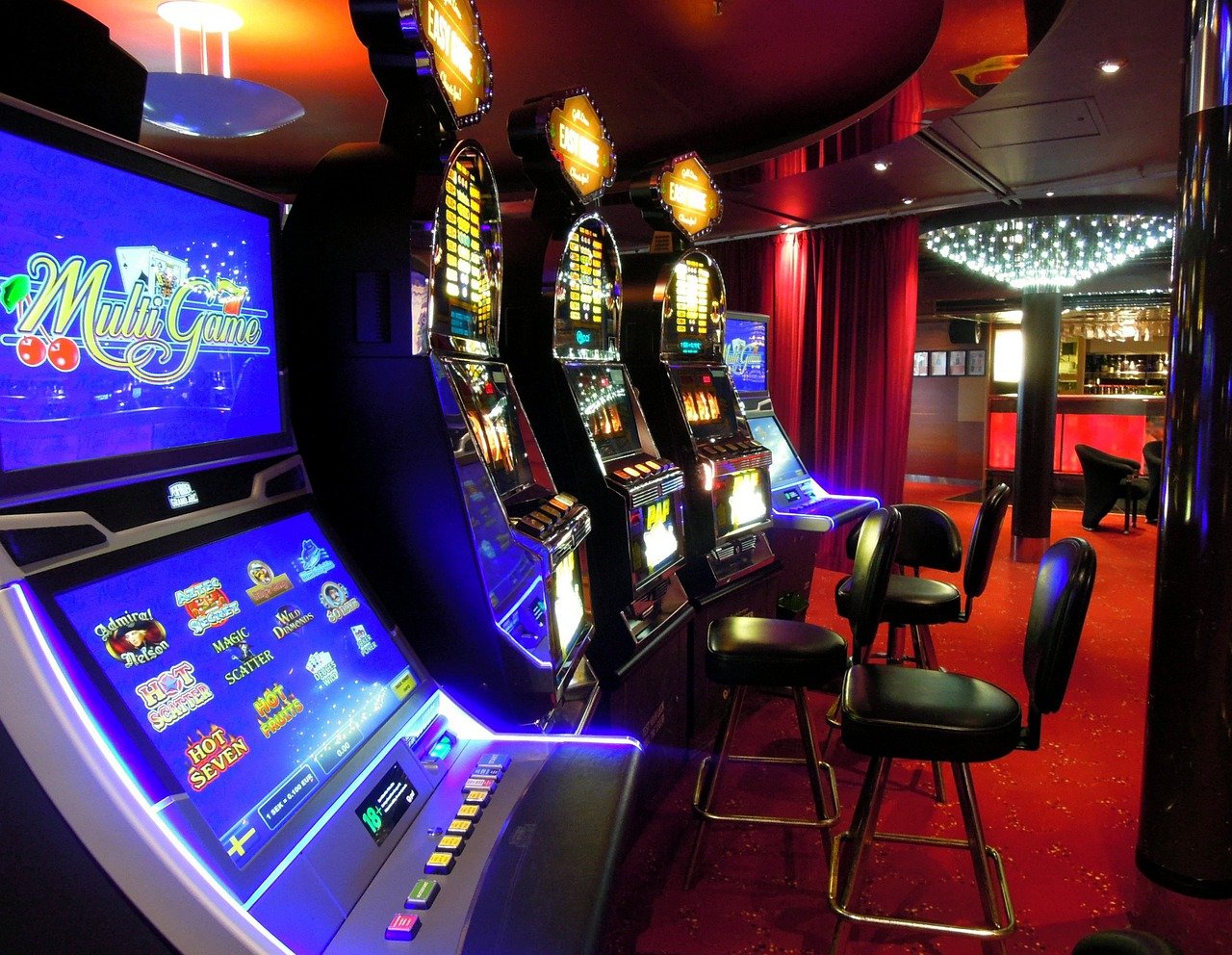

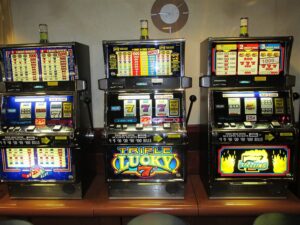 When we engage in activities that require us to think critically, we are helping to improve our cognitive skills. It is one of the great benefits of playing online PG slots. This is because the games often require you to make split-second decisions to win. As a result, you’ll find that your overall critical thinking skills will improve. As you can see, many great health benefits come with playing online PG slots. So if you’re looking for a fun and healthy way to spend your time, try it. You may find that it’s the perfect activity for you. Thanks for reading.…
When we engage in activities that require us to think critically, we are helping to improve our cognitive skills. It is one of the great benefits of playing online PG slots. This is because the games often require you to make split-second decisions to win. As a result, you’ll find that your overall critical thinking skills will improve. As you can see, many great health benefits come with playing online PG slots. So if you’re looking for a fun and healthy way to spend your time, try it. You may find that it’s the perfect activity for you. Thanks for reading.…
 Slots are one of the most popular online gambling games. Millions of people around the world play slots every day, and the reason why is because they’re easy to learn, and there’s a chance to win big jackpots. You can find hundreds of different slot games online, and we recommend that you try out a few before settling on your favorite. When playing slot online, you should play in the number one slot gambling sites. This is so you will have the best experience and also so you can take advantage of their bonuses and promotions.
Slots are one of the most popular online gambling games. Millions of people around the world play slots every day, and the reason why is because they’re easy to learn, and there’s a chance to win big jackpots. You can find hundreds of different slot games online, and we recommend that you try out a few before settling on your favorite. When playing slot online, you should play in the number one slot gambling sites. This is so you will have the best experience and also so you can take advantage of their bonuses and promotions.
 Poker is another most played gambling game, both online and offline. Poker is a card game where players bet on the value of their hands. The object of the game is to have the best hand, and if you do, then you’ll win money. There are many different types of poker games, so you can find one that you enjoy playing. You can also find poker. There are many different variations of poker, but the game’s object is to have the best hand. The popularity of online gambling games is on the rise. People are looking for new and exciting ways to gamble, and the internet has provided that opportunity.
Poker is another most played gambling game, both online and offline. Poker is a card game where players bet on the value of their hands. The object of the game is to have the best hand, and if you do, then you’ll win money. There are many different types of poker games, so you can find one that you enjoy playing. You can also find poker. There are many different variations of poker, but the game’s object is to have the best hand. The popularity of online gambling games is on the rise. People are looking for new and exciting ways to gamble, and the internet has provided that opportunity.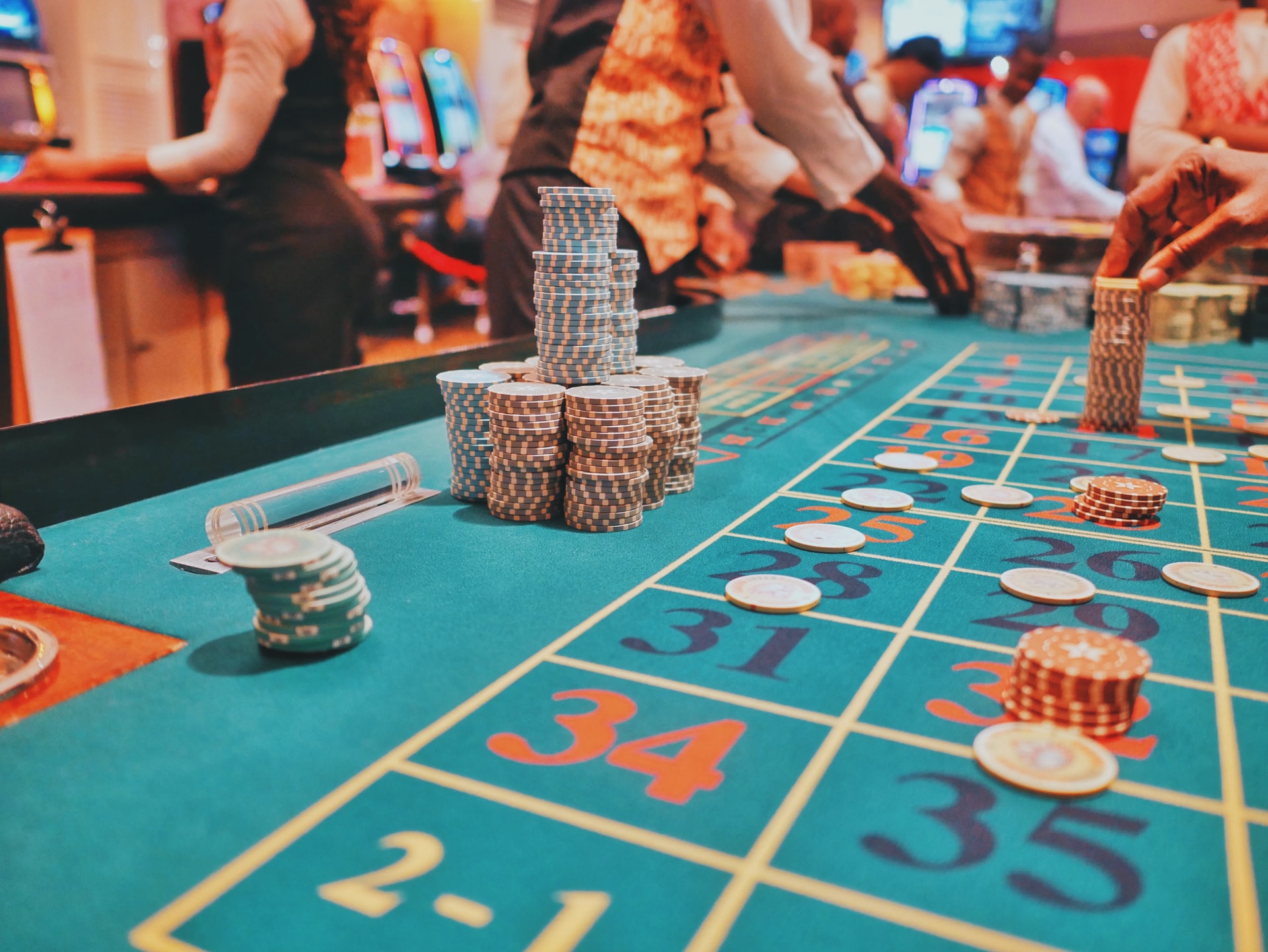
 The first thing you need to do is find an online casino with a low minimum deposit. This way, you can make a small deposit and still get started with playing casino games. There are plenty of casinos out there that have a minimum deposit of $20 or less. You can even find some that have a minimum deposit of $0! Once you have found a casino with a low minimum deposit, the next thing you need to do is figure out what games you want to play. Most online casinos will offer a variety of different games, so you should be able to find something that interests you.
The first thing you need to do is find an online casino with a low minimum deposit. This way, you can make a small deposit and still get started with playing casino games. There are plenty of casinos out there that have a minimum deposit of $20 or less. You can even find some that have a minimum deposit of $0! Once you have found a casino with a low minimum deposit, the next thing you need to do is figure out what games you want to play. Most online casinos will offer a variety of different games, so you should be able to find something that interests you. One of the most important things to look for when
One of the most important things to look for when 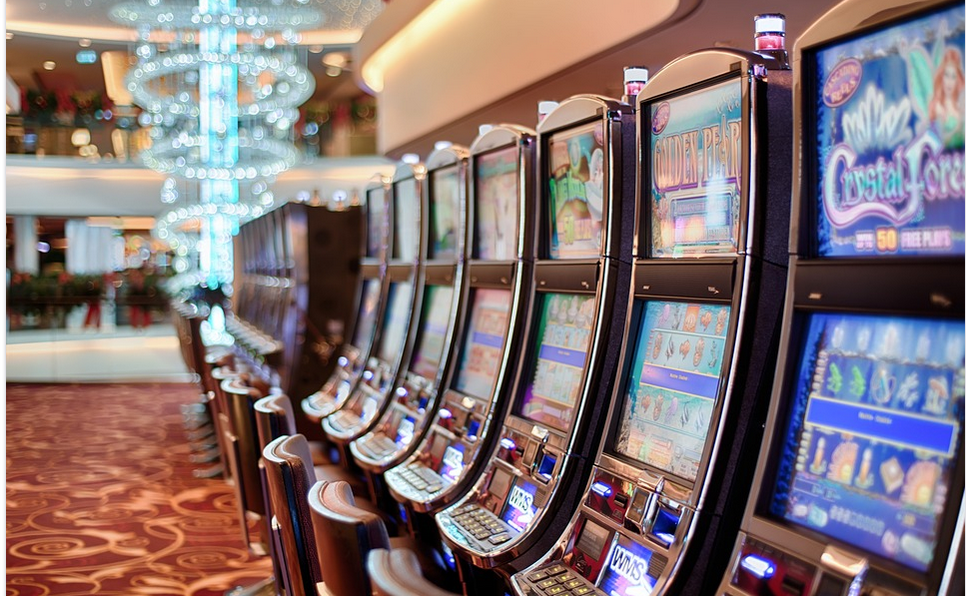
 There are several sites where you can play online slots and in a bid to attract new customers, some of these sites offer excellent bonuses. You do not sign up with the first site offering online slots but browse through the various options available. You will be surprised by the fantastic bonuses that would have passed you.
There are several sites where you can play online slots and in a bid to attract new customers, some of these sites offer excellent bonuses. You do not sign up with the first site offering online slots but browse through the various options available. You will be surprised by the fantastic bonuses that would have passed you. 





